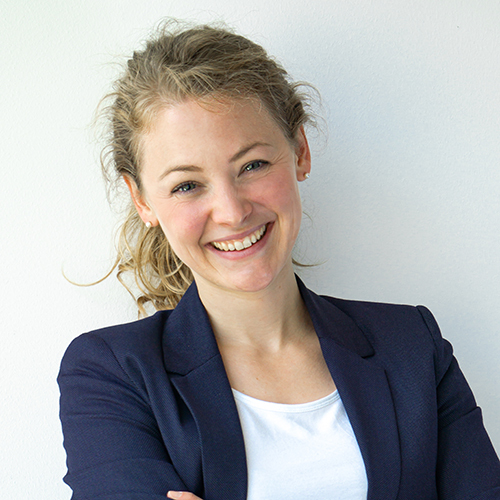More articles
Deutsche Bahn (DB) and the Berliner Verkehrsbetriebe (BVG) are working together on the development of autonomous driving concepts. In the context of a pilot project, a self-driving mini-bus can be booked demand responsive transport for the first time by app, and does not drive to a fixed timetable on a fixed route. The latest-generation mini-bus from EasyMile, that can now also be recharged by induction, will be serving the EUREF Campus in Berlin-Schöneberg from Wednesday on in new design. Booking by app will be made ready for use in the coming weeks and introduced on a step-by-step basis.
Cooperation between Deutsche Bahn and Berliner Verkehrsbetriebe in the area of autonomous driving (photo: BVG)
Current plans foresee the expansion of the test project to include operations on public streets. The project partners are working in close collaboration with local authorities in the search for a suitable route. The ultimate aim of such flexible demand responsive transport services with driverless vehicles is the provision of door-to-door mobility in combination with existing bus and rail services. This will increase the overall attractiveness of public transport options.
The Senate Department for Economics, Energy and Public Enterprises is promoting the pilot project by the name of ‘Pole Position’, which is scientifically supported by the Innovation Centre for Mobility and Societal Change (InnoZ). Ramona Pop, Senator for Economy, Energy and Public Enterprises: ‘We are renewing our transportation infrastructure for the growing city and are expanding it to make room for environmentally-friendly mobility. With the “Pole Position” project, we are establishing an demand responsive transport booking procedure and are simultaneously evaluating inductive charging technology. Innovative solutions are one of Berlin’s greatest strengths. This is a prime example of how we are promoting the mobility revolution in Berlin.’
‘Self-driving fleets of vehicles that are only a click away and bringing persons with different destinations to where they want to be on individually computed routes: This is the mobility of the future that we are already bringing to the streets of today. This ridesharing concept for the last mile is an ideal supplement to existing rail and bus services. This can lead to a significant reduction of urban traffic volumes without limiting personal mobility’, says Berthold Huber, Board Member for Passenger Transport at DB. ‘Our business segment ioki is actively shaping this progress together with partners such as BVG.’
Dr. Sigrid Nikutta, CEO of BVG: ‘Mobility is decisive for the quality of our lives. The future of mobility lies in local transport concepts. For most people, local transportation will deliver tailored solutions that will make private car ownership obsolete. We are establishing the basis for this with projects like these. I am very pleased to see that, with Deutsche Bahn and its subsidiary ioki, we are now entering into an innovative partnership for this.’
With its ioki brand, Deutsche Bahn is bringing demand responsive mobility and autonomous driving to the public transport segment. In doing so, ioki provides all services required from a single source, for instance to enable towns and cities or communal authorities to operate demand responsive mobility concepts in public transport under their own name.

